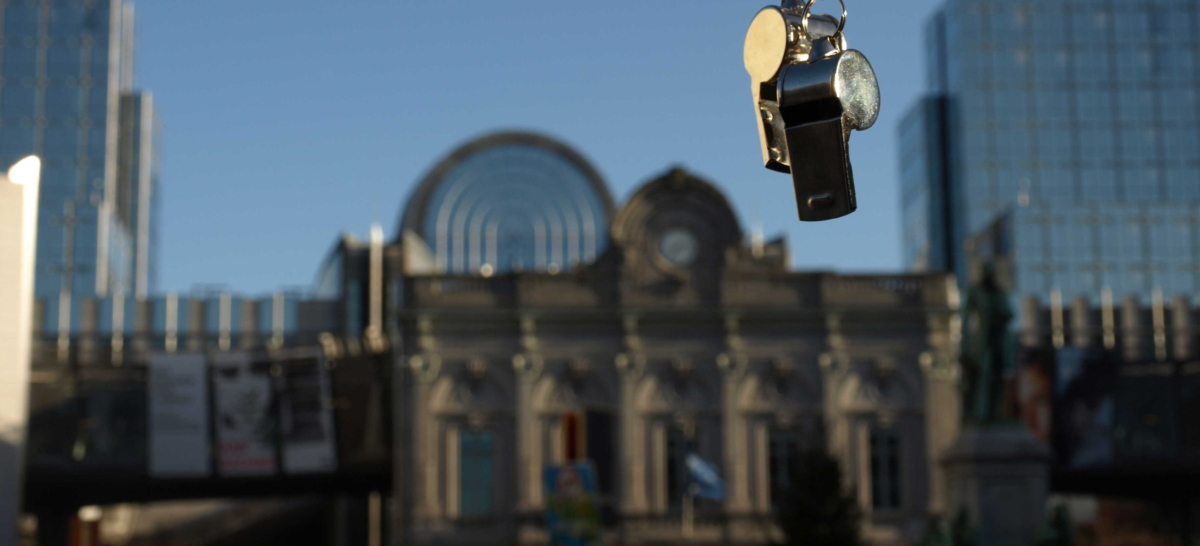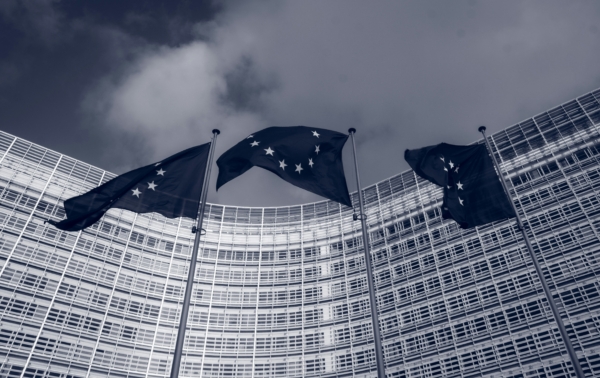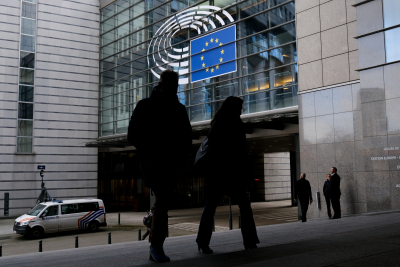New whistleblower rules for European Parliament staff do not adequately protect one of the largest pool of potential whistleblowers and should be revisited to correct this failure, according to Transparency International EU.
Transparency International EU welcomes the European Parliament’s adoption of the new rules, which came into force on January 1st. They set out internal guidelines for protecting whistleblowers and the handling of their cases.
Whistleblowers play a crucial role in identifying potential corruption, fraudulent behaviour or wrongdoing, helping increase the accountability of institutions and protects the public interest.
However, a lack of specific protections for Accredited Parliamentary Assistants fails to protect over 1,700 staff members, according to the anti-corruption group.
“Assistants may face repercussions when they report any wrongdoing by their bosses,” said Carl Dolan, Director of Transparency International EU. “This puts thousands of staff who are obliged to report wrongdoing in a vulnerable position and does not create adequate incentives for them to reveal potential irregularities or illegal activities,” Dolan added.
The new rules allow for staff members to be transferred, where possible, should they blow the whistle.
“Although Assistants’ contracts are with the Parliament, their employment remains at the discretion of their MEPs. This means staff who wish to blow the whistle on alleged corruption may be discouraged to do so without the knowledge that they will have a job or even a career afterwards,” Dolan said.
Transparency International EU calls on the European Parliament to revisit these rules and install proper protection for all staff along the lines of European best practices, such as those developed by the Council of Europe. All EU institutions that have not adopted whistleblower protection guidelines must do so immediately, as they have been legally obliged to do so since January 1st 2014, according to the group.







